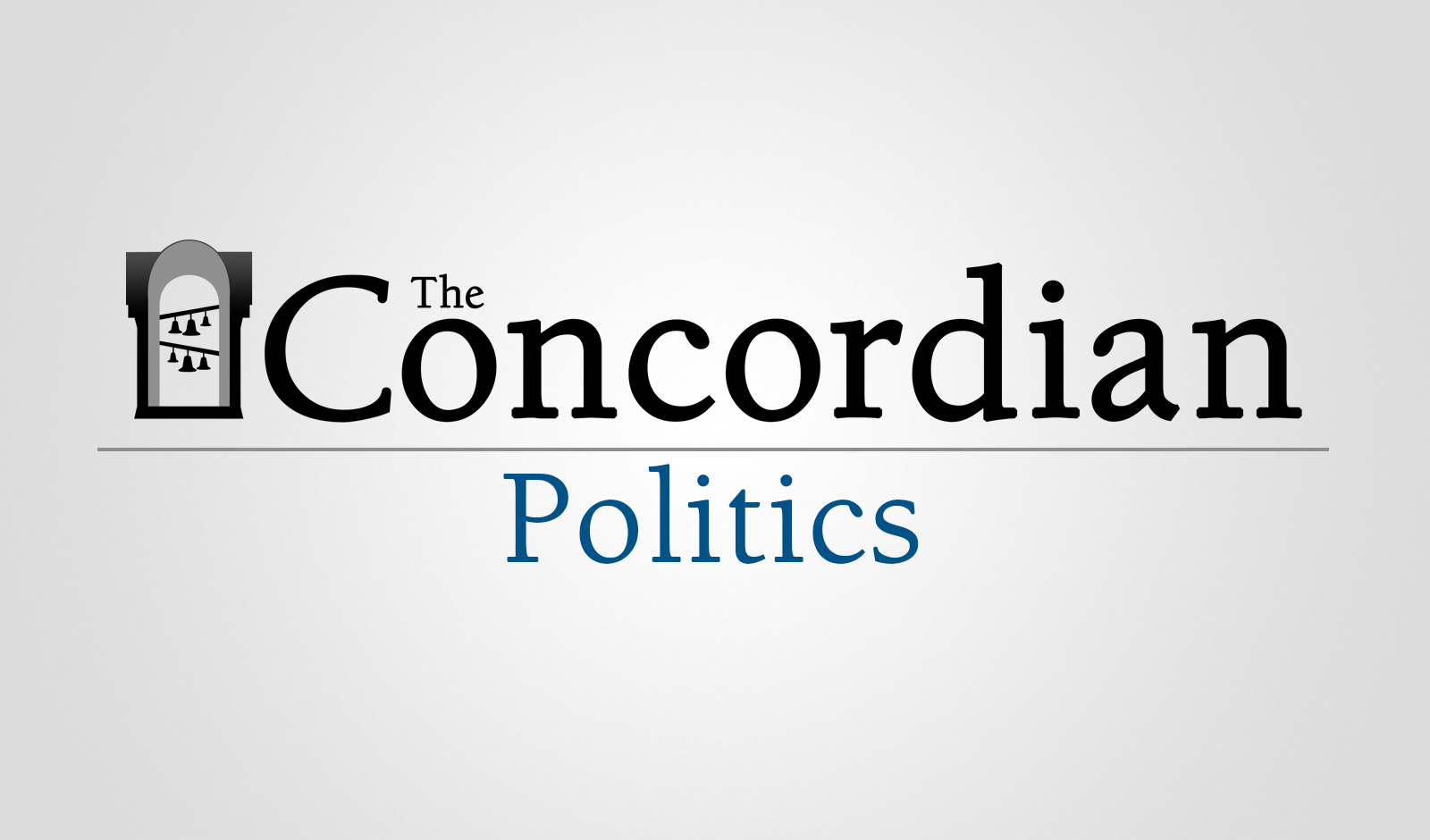It seems that President Obama has a chance to catch his breath. Capitalizing on Secretary of State John Kerry’s seemingly off the cuff hypothetical, Russian President Vladimir Putin and diplomat Sergey Viktorovich Lavrov pounced on the opportunity to resume negotiations in disarming Syria’s chemical weapons. Maybe, just maybe this diplomatic shift might help boost legitimacy in international law while also giving Obama an exit strategy in Syria.
Naturally the development strikes political pundits as being unrealistic and that Syrian President Bashir Al-Assad and Putin are biding their time. There is truth to this, the last thing Russia and Syria want is the United States and supporters to commit to an open ended military engagement in Syria. Only time will tell if the resolution and shift to diplomacy is legitimate; at the moment the United Nations confirmed that Syria has applied to become a member of the Chemical Weapons Convention.
Cynicism aside, there are promising factors at play. First and foremost, Assad and Putin don’t want an intervention. Second, Assad wants to keep his civilian killing authoritarian government, which becomes difficult if the United States declares hostilities. Third, Putin wants to keep a dedicated arms buyer in the Middle East as well as keeping a steadfast ally. Losing allies in the Middle is a fast track to irreverence for the Russian Federation. These factors only indicate that Syria and Russia will accept and write the resolution given what’s at stake for both countries. Whether or not the diplomatic route is doomed by the additional demands by Syria for the United States to stop supplying the rebels or politics in general remains to be seen.
Nevertheless, President Obama has somehow conjured, or stumbled across leverage over Assad and Putin. Just weeks ago Assad would wryly smile when interviewed about the United States’ position towards his polices, stating that the United States should expect everything in terms of retaliation if a military strike occurred. Whereas Russia could rely on the United Nation Security Council to block military action but now that option is off the table. After Kerry’s comment and Obama’s call for Congressional support to get the military involved, Assad and Putin have been scrambling to prevent the intervention by proposing this diplomatic solution. If getting Syria to acknowledge and give up their chemical weapons while also forcing the Russians to solve this crisis peacefully isn’t a ‘win’ for Obama and American soft power, it is certainly a positive development.
More so, Obama now controls the clock and the diplomatic final say. After rescheduling the Congressional vote Obama can wait and keep rallying the troops domestically and abroad while waiting for the diplomatic route to pan out. If diplomacy fails, then Russia and Syria gave Obama and Kerry more time to convince Americans and allies that intervention is the only solution left. From there Obama can call on Congress again or evoke the Wars Powers Act, either way, if Obama wants an intervention he can get one. If the diplomatic course actually works, Obama can claim that the United States threat of intervention forced Russia and Syria to solve the problem. In either case, Obama finds himself with more time and options than before; and in Obama’s case, owning the clock and forcing others to play by your rules is a powerful position.

